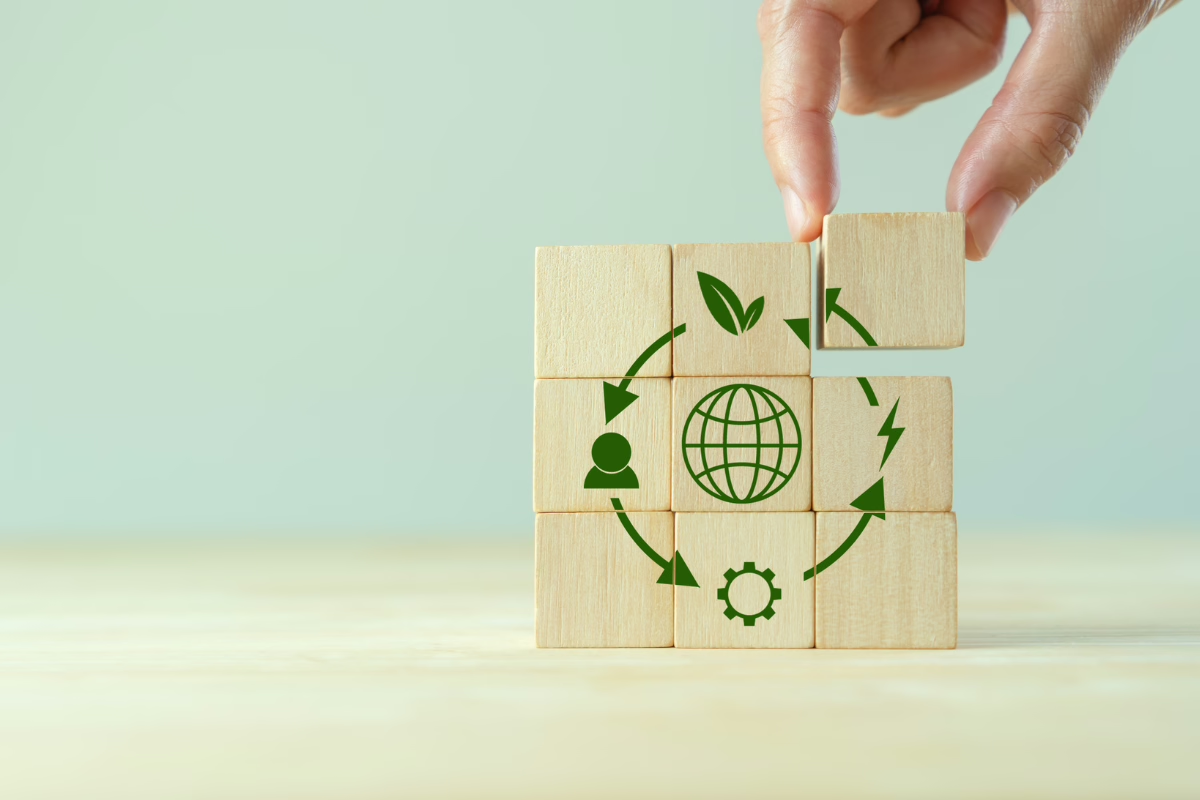Environmental Economics
Environmental economics is a field of economics that studies the interaction between the economy and the environment. It questions the origin of this interaction and addresses the issue of its proper organization.
Human life is synonymous with activities for the provision of food, buildings, heating, transport, lighting, etc. These activities affect the environment’s ability to provide us with essential services. The symptoms of this situation are damages to ecosystems, well-being, health, and life… Social trade-offs are therefore necessary. Environmental economics is rooted in this observation. It aims to guide individual and collective decisions so that the environment is considered in economic decision-making processes regarding production, consumption, investment, etc. It is defined as the study of the interdependence between human society and the environment and the best way to govern this interdependence.
The goal of this course is precisely to provide an introduction to the study of these issues.
Nota bene: Environmental economics is based on economic analysis. It therefore uses concepts from microeconomics and macroeconomics. The theoretical content of this subject (particularly the use of optimization) should not be underestimated when deciding to engage with it.
